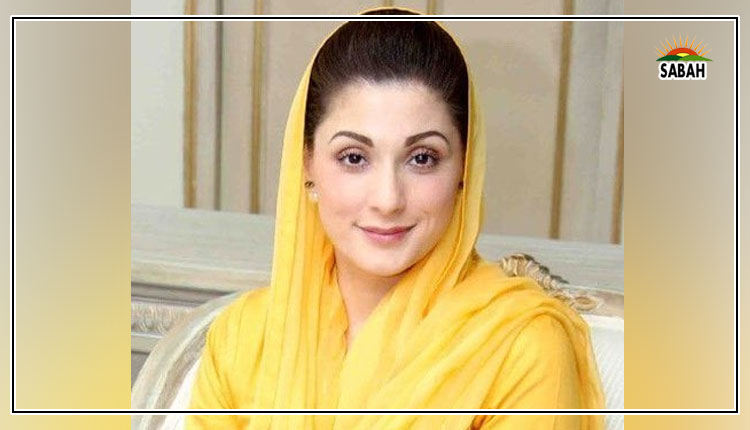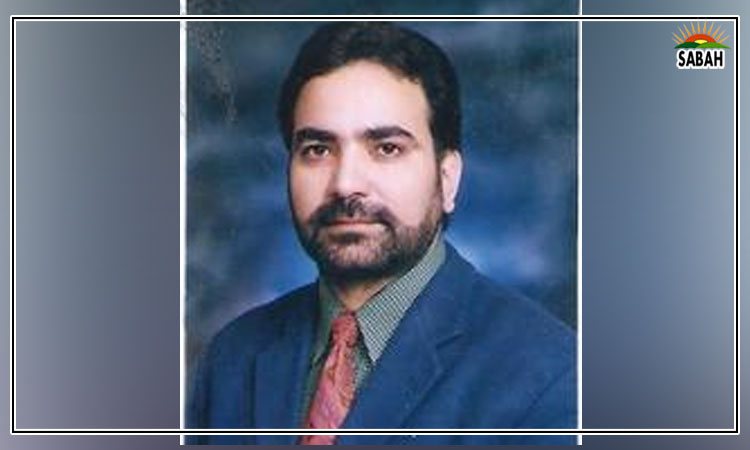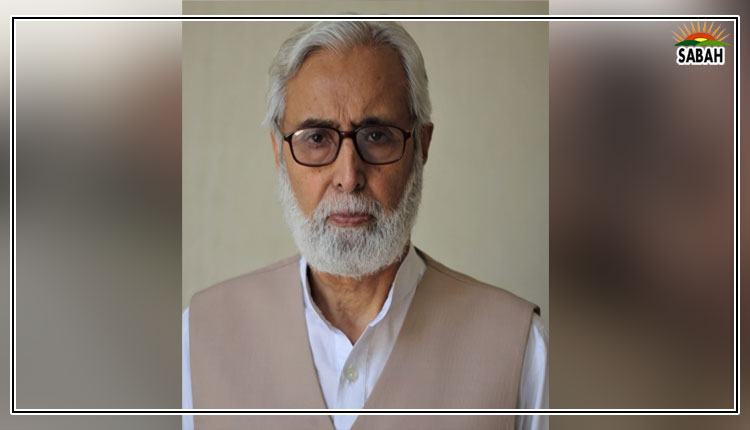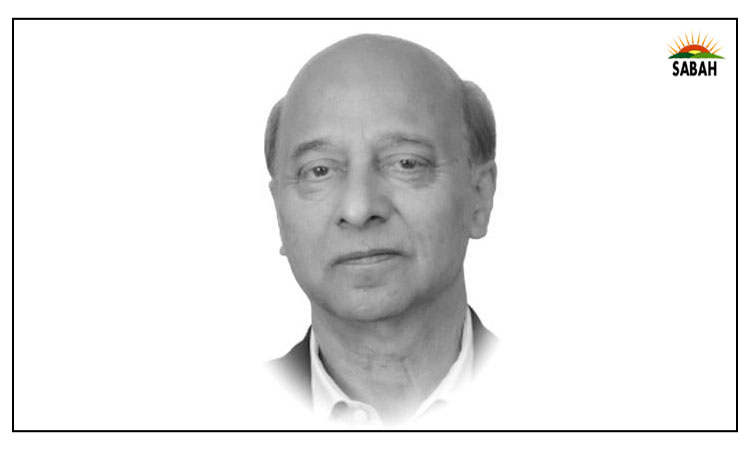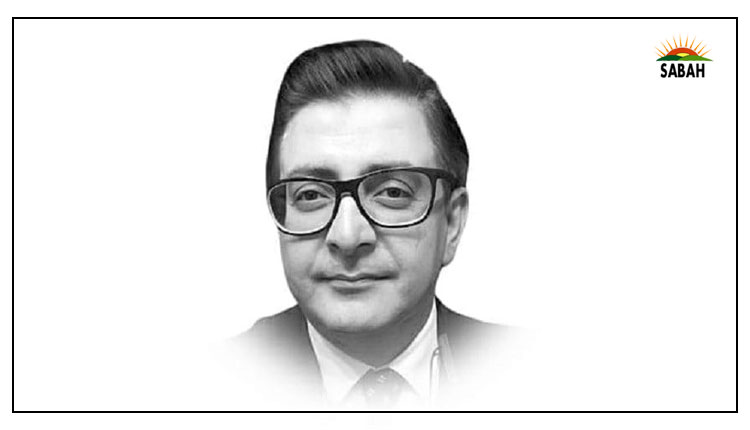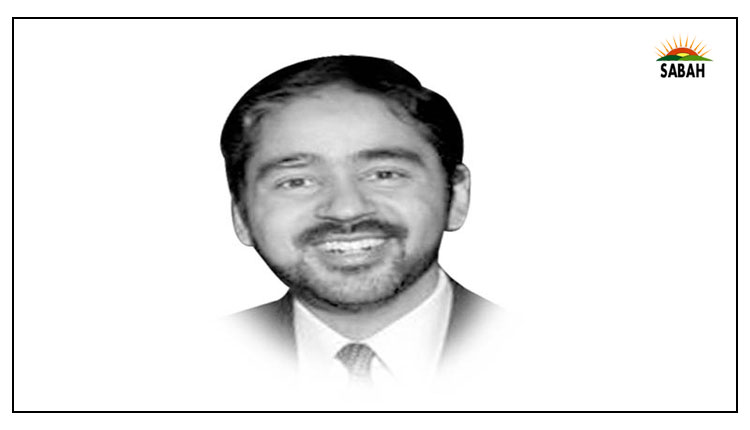Imagined diseases …Muhammad Hamid Zaman
In the recently published brilliant biography of the 20th century philosopher, psychiatrist and anti-colonial activist Franz Fanon titled The Rebel’s Clinic, author Adam Shatz recounts Fanon’s early experience treating patients in France. Fanon was in his early 20s, seeing patients in rural France. The French doctors of the time had coined a term, the North African Syndrome, describing the mental health and psychiatric stress of Algerians and other North Africans living in the country. The conditions of the colonised Africans were dismissed as mere laziness or whining. The French doctors believed that pain, anxiety, distress and physical aches that the Africans were complaining about were a result of the desire to get out of work. The condition, according to the French doctors, was merely imagined. Fanon was deeply disturbed by what he saw as a racist and prejudiced approach towards others who were generally thought as uncivilised. Some of these experiences of a young doctor, and writings from this period, were to define Fanon’s subsequent work that continues to shape the anti-colonial discourse even to this day.
Many of us would like to assume that more than seventy years after Fanon saw and confronted the prejudices, we would be in a better place. There is reason to celebrate actual progress in diagnosis and treatment. But the core issue of how we imagine who gets what diseases and who is merely making up their ailments is very much alive. Let me illustrate with an example. There is some talk (finally!) about mental health and depression and the myriad challenges it poses. Yet, how we talk about it and how we generate awareness on the issue has an underlying assumption. The assumption is that this challenge is faced by certain (read affluent) sectors of society, and this is not for the poor to worry about. How often do we think or consider that the poor may also be dealing with anxiety and depression? It is hard to imagine many thinking that those who provide domestic help, or those who work as drivers or as maids, may also face similar medical issues to those who are affluent and well-resourced. When it comes to depression among the rich we think of clinical interventions, and when it comes to the poor we ask them to get their spiritual life in order. Can we imagine that refugees within our country or stateless within our cities may be dealing with extreme anxiety and need actual clinical treatment? Or is that only available to those with deep pockets? In our minds and collective imagination, we have decided that poor people suffer from communicable (i.e. infectious) diseases because they live in unhygienic conditions and do not know what is good for them. This is illustrated by the services that are offered by the poorly-resourced clinics and barely-functioning health facilities in communities of the poor. It is not to say that infectious diseases are not a problem, but somehow our imagination ends there. Chronic diseases, mental health challenges, allergies are only reserved for the well-to-do.
In some ways, our situation is an extension of the belief of the French doctors of the 1950s. They believed that Algerians are making up diseases so they could get out of work. We are just as likely to dismiss that a poor person in society may be unable to function due to extraordinary stress and economic violence they are subjected to. In a society where healthcare is precarious to begin with, and where mental health remains a taboo and a stigma, there is a ceiling to our imagination when it comes to who is facing real medical challenges, and who is somehow permanently immune from it.
Published in The Express Tribune, April 23rd, 2024.


